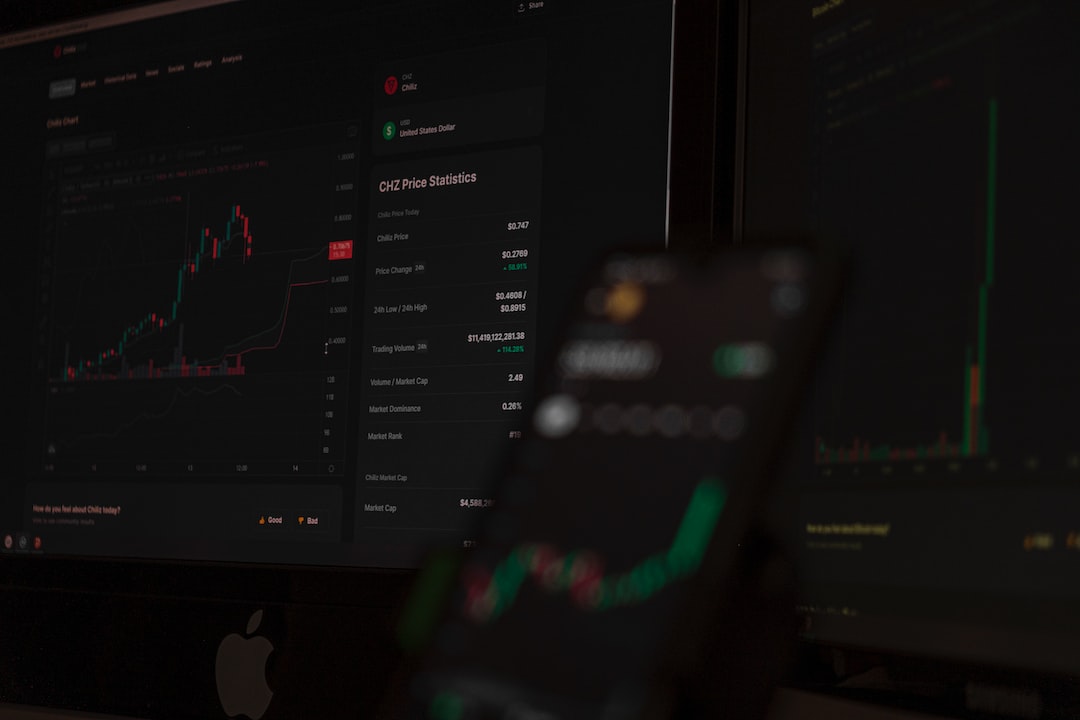How Generative AI is Transforming the Fashion Industry
Generative artificial intelligence (AI) has gained widespread attention in recent years for its ability to produce content such as text, music, and images. While OpenAI’s ChatGPT is one of the most well-known generative AI tools, there are many others that use deep learning models to analyze data and generate new content based on user prompts.
The Intersection of Fashion and Technology
The fashion industry has a long history of incorporating technology into its practices. From digital clothing in the metaverse to non-fungible tokens (NFTs) linked to augmented or virtual reality, fashion designers and brands have been at the forefront of technological innovation. Generative AI is poised to be a powerful tool in transforming the fashion world, with McKinsey & Co. estimating potential operating profit boosts of up to $275 billion in the next few years.
AI as a Design Partner
Instead of fully relying on AI systems for design, many designers are finding that collaborating with AI yields better results. AI can generate creative options based on past products, themes, and inspirational images, serving as a sounding board for ideas. It can also help designers bring their visions to life by generating 3D realizations of their designs. Additionally, generative AI enables companies to personalize products for individual consumers on a larger scale than ever before.
AI’s Impact on Fashion Marketing
A significant part of the fashion industry revolves around marketing, and AI plays a crucial role in analyzing consumer behavior data and predicting trends. By understanding customer preferences, designers can create products that align with market demands. AI can also segment consumers into groups for targeted marketing campaigns and personalize content based on individual buying trends.
Enhancing the Customer Experience
AI is shaping customer interactions with fashion companies, even without their awareness. Text-generating AI systems can modify product descriptions and ad copy to target individual customers. Virtual try-on capabilities and personalized style recommendations are also becoming increasingly prevalent. Startups like Bodify and Fit for Everybody leverage AI to help customers find the right fit and reduce returns, which are costly for retailers.
Fighting Counterfeits with AI
Counterfeiting is a major issue in the fashion industry, resulting in significant revenue losses. AI tools like Deloitte’s Dupe Killer analyze millions of photographs to identify subtle design elements unique to counterfeit products. This helps designers and brands take action against counterfeiters by identifying trademark infringement.
The Future of Smart Apparel
The integration of wearable technology with fashion has gained popularity, and AI is expected to expand possibilities in this field. Smart fabrics that can react to body data, adjusting factors like airflow, temperature, and stiffness, may be powered by AI in the future.
Hot Take: Generative AI is Revolutionizing Fashion
The utilization of generative AI in the fashion industry has immense potential for innovation and profitability. By partnering with AI systems, designers can enhance their creative process and customize products on a larger scale. Furthermore, AI aids in marketing strategies by analyzing consumer behavior data and predicting trends. From enhancing the customer experience through virtual try-ons to fighting counterfeits with advanced recognition tools, AI is reshaping the fashion landscape. As technology continues to evolve, the integration of AI into smart apparel opens up new possibilities for combining fashion with wearable tech. The future of fashion is undoubtedly intertwined with generative AI.





 By
By

 By
By
 By
By
 By
By